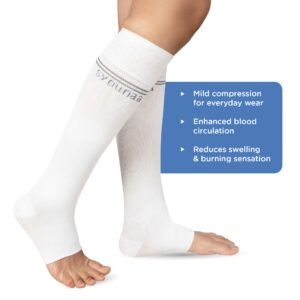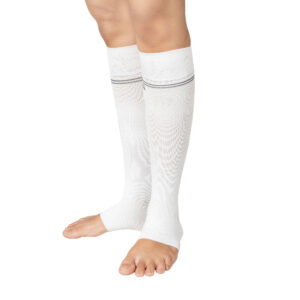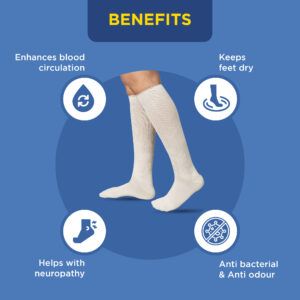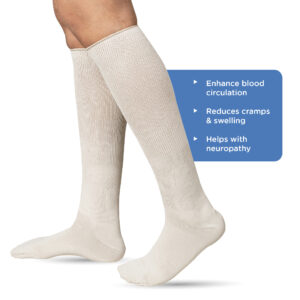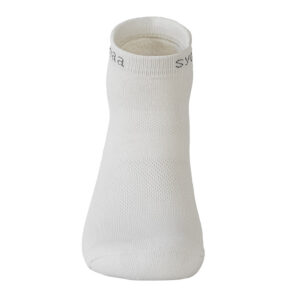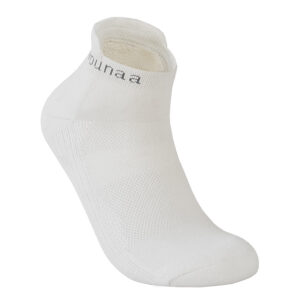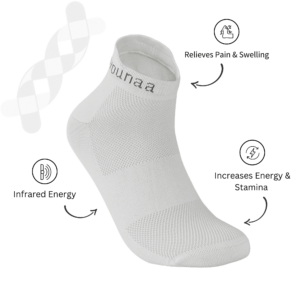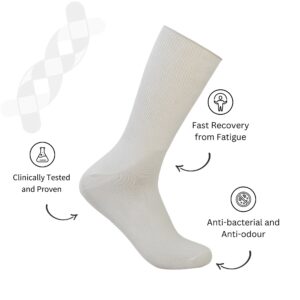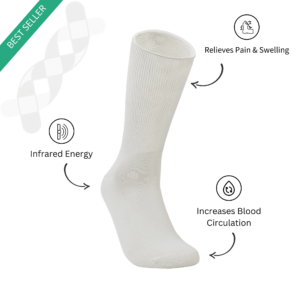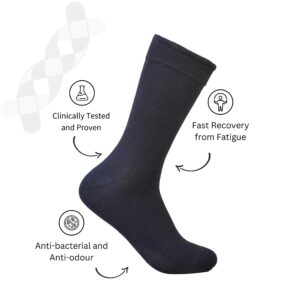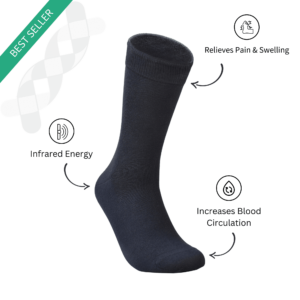With summer walking around our blocks we might as well prepare our self before opening the door. If you aren’t careful in the summers, you can experience significant nerve damage, frequent hypoglycaemia, infections and so on. Here is a summer care routine that will help every diabetic work through the difficult months with ease.
Protect Your Equipment
Keep in mind that insulin can’t stay well in temperatures above 30 degrees Celsius. If you keep it without refrigeration in the peak summers, it may become ineffective. This is risky for you because you will not know whether your insulin is working, when you inject it. You may notice a sudden rise in you blood sugar when you have made no dietary changes. This is why it is important to monitor your blood sugar often during the summers. If your blood sugar seems too high because of no prominent reason, check the temperature of the place where you store your insulin packs. There are portable insulin coolers that you can carry with you when you travel out.
Take extra care of testing strips too as they can also damage in extreme heat. As for pump users you need to carefully plan your site of injection. Try not to stick your pump on an area of your body that is susceptible to direct sunlight as it may destroy your pump. Perspiration doesn’t help either; it can ruin the adhesive on the sides of your pump. So, take extra precautions and use an extra body adhesive to be on the safer side.
Skin Care Routine
In the summers you must take extra care for your skin too. Hot and humid summers lead to perspiration and sometimes if sweat is sticking to your body for too long, you it may lead to skin infections. Do not ignore dry, scaly, or itchy skin during this time of the year. They may be signs of infection. Also, you can make the infection worse by itching it. Monitor scaly, itchy skin for a few days and if the problem does not resolve on its’ own you need to show a doctor.
Try to keep your skin clean and dry throughout the day. If you live in a humid place, make sure you can wash the sweat and change into clean clothes when you are too sweaty. Also take special care of your feet because they are mostly entrapped in shoes and socks and often have sweat clogged between their feet.
Another thing you need to be careful about is hypoglycaemia. Excessive perspiration is a sign of low blood sugar and sometimes we neglect it during the summer thinking that it is because of heat. When you are sweating through your clothes, check for signs of nausea and weakness. It may be because of low blood sugar.
Over Heating
Did you know that over heating can damage your nerve cells? A diabetics nerve cells are much more sensitive than a non-diabetic’s nerve cells. This is because the high blood sugar can often get in the way of everyday nerve function. So, you should take extra precaution of the heat. Avoid direct sunlight from long periods and wear thin but covered cotton clothes to protect you from direct sunlight.
When you go out in the beach, you may be tempted to take of your sandals and walk bear foot on the sand. Please don’t do that because diabetics are most susceptible to peripheral neuropathy and the feet are most likely to see damage in this degenerative illness.
Food Trips and Outings
When we think of summer, we think of ice cream. Children often have a long summer break and if you are a parent, you may be busy this time of the year in planning fund expeditions with your kids. Vacations are great but it is also the time when we neglect our diet and let our medications slip.
You can allow yourself a treat here and there, but you need to plan your meals and carbs even during your holiday trips. Remember, you may go on a vacation, but your diabetes will not. So, talk to your doctor before hand and have a simple meal plan in place that you can follow even when you are out. Make sure you have extra diabetic supplies with you so that you are always covered.
Foot Care
We’re sure you’ve heard it from us more than once, but you need to take care of your feet, especially during the summer. With the rising temperatures your feet are susceptible to nerve damage. You can prevent it by keeping your feet cool, clean and dry.
Avoid walking bare foot or exposing them to the scorching rays of the sun. And if you are out for long hours, wear special absorbent socks to keep the sweat away from your feet. It is better to carry a clean pair of socks if you know you will be out for a long time and that your feet will get really hot and sweaty. Remember to wash your feet after a long day out and make sure they are dry before you wear a clean pair of socks. Lastly, if you do have a foot sore or a blister, monitor it closely for a day and if it does not subside, you should consult a doctor.
So, here are five summer care tips that are bound to help you get through some of the most difficult times of the year. We hope you find them useful.














